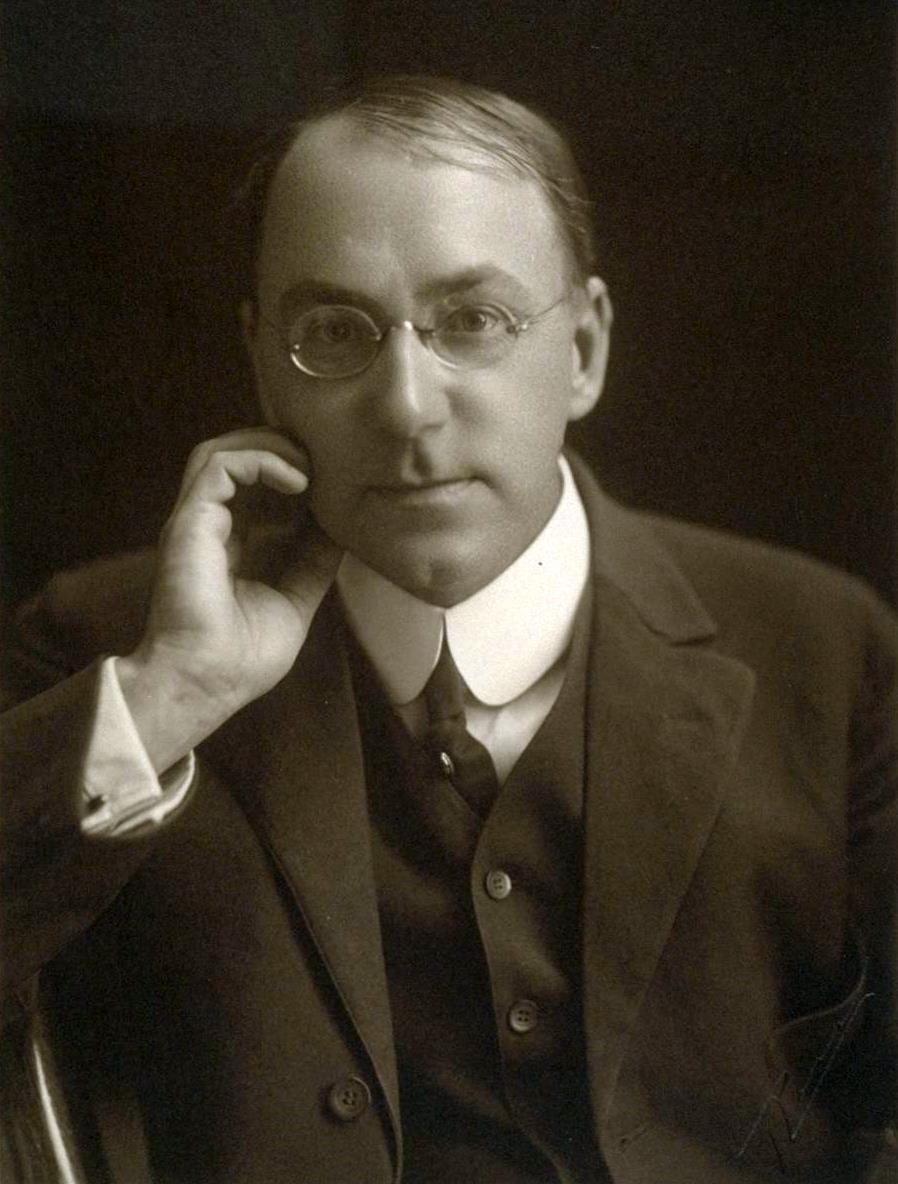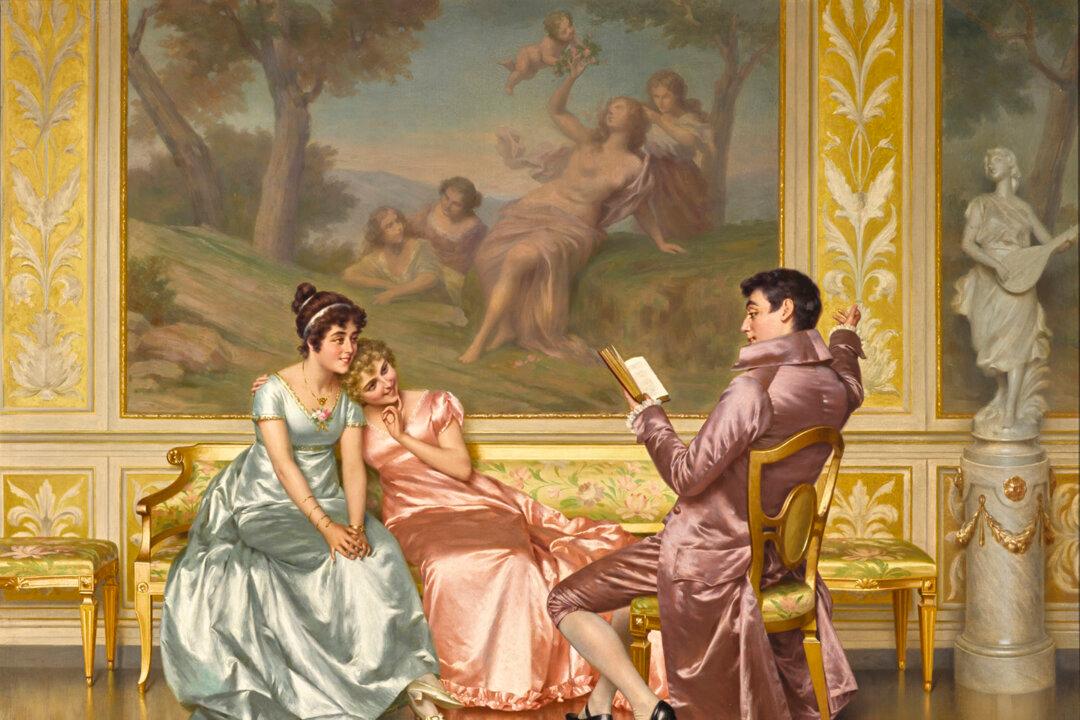I never saw a Purple Cow, I never hope to see one, But I can tell you, anyhow, I’d rather see than be one!
In 1895, American writer and humorist Frank Gelett Burgess penned those lines, which became one of the most famous American nonsense rhymes.
Frank Burgess, circa 1910. Selections from the Bancroft Library Portrait Collection. Public Domain






